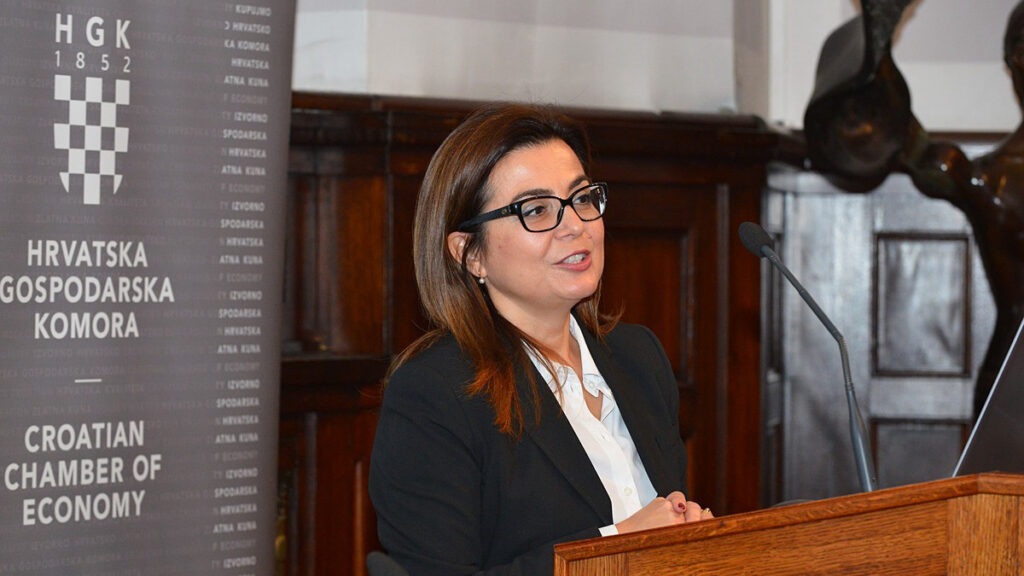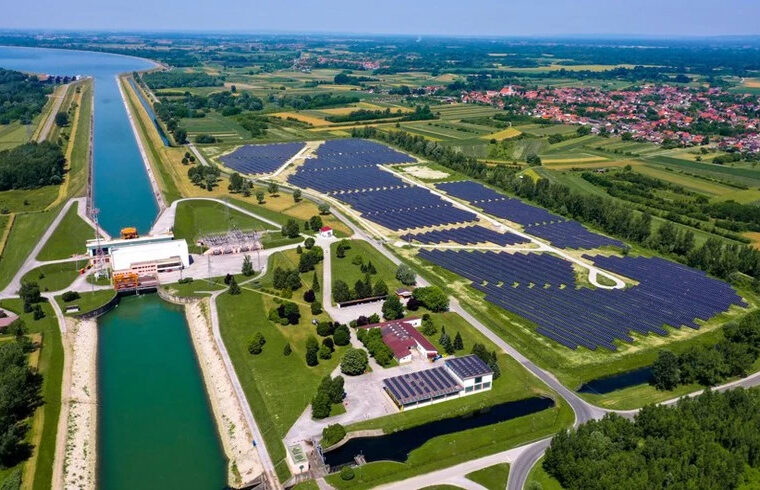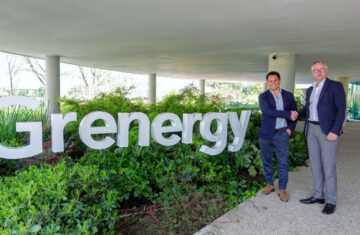The recent announcement by a significant foreign investor, Norway-based Statkraft, that it will divest its assets in Croatia, signals ongoing difficulties in the country’s renewable energy sector. According to the Croatian Chamber of Economy (HKG), this decision reflects a broader trend of uncertainty that is unlikely to improve soon.
Regulatory Challenges
Marija Šćulac, Director of the Industry and Sustainable Development Sector at HKG, emphasized that while Croatia has established laws, the implementation of these regulations is lacking. She pointed out that the regulatory framework is not harmonized across various ministries and institutions. “Sometimes one gives the green light while the other asks for additional requirements, slowing down the process,” Šćulac explained.
Financing Obstacles
Investors in Croatia face unique challenges, particularly regarding project financing. A significant issue is the uncertainty surrounding basic costs, such as the price of grid connection, which has remained undetermined since 2022. This uncertainty hampers the development of the renewable energy sector, causing stagnation in progress, as noted by Šćulac during her remarks at the Better Energy conference.
Infrastructure Concerns
Šćulac identified critical challenges related to the power network, including capacity issues, aging infrastructure, and financing for modernization. More than 50% of Croatia’s transmission system infrastructure has exceeded its operational lifespan. The National Energy and Climate Plan (NECP) aims to integrate an additional 4,800 MW of renewables by 2033, but Šćulac stressed that the funding secured to date is far below the EUR 2.3 billion target set in the plan.
Grid upgrade and stabilization plans exist, but they are often executed too late. Šćulac warned that Croatia could face a situation where even operational projects will not be able to produce energy at full capacity.
Need for Flexible Integration

To move forward, Šćulac underscored the necessity of creating conditions for more flexible integration of renewables, which includes utilizing energy storage and distributed generation. “The sector’s further growth and reduction of dependence on electricity imports aren’t possible if these issues aren’t solved,” she asserted.
Conclusion
The challenges facing Croatia’s renewable energy sector highlight the urgent need for regulatory, financial, and infrastructural reforms. Without addressing these issues, the country risks falling behind in its renewable energy goals and energy independence.
Sources
- Croatian Chamber of Economy – Press Release
- Statkraft – Company News
- National Energy and Climate Plan of Croatia



